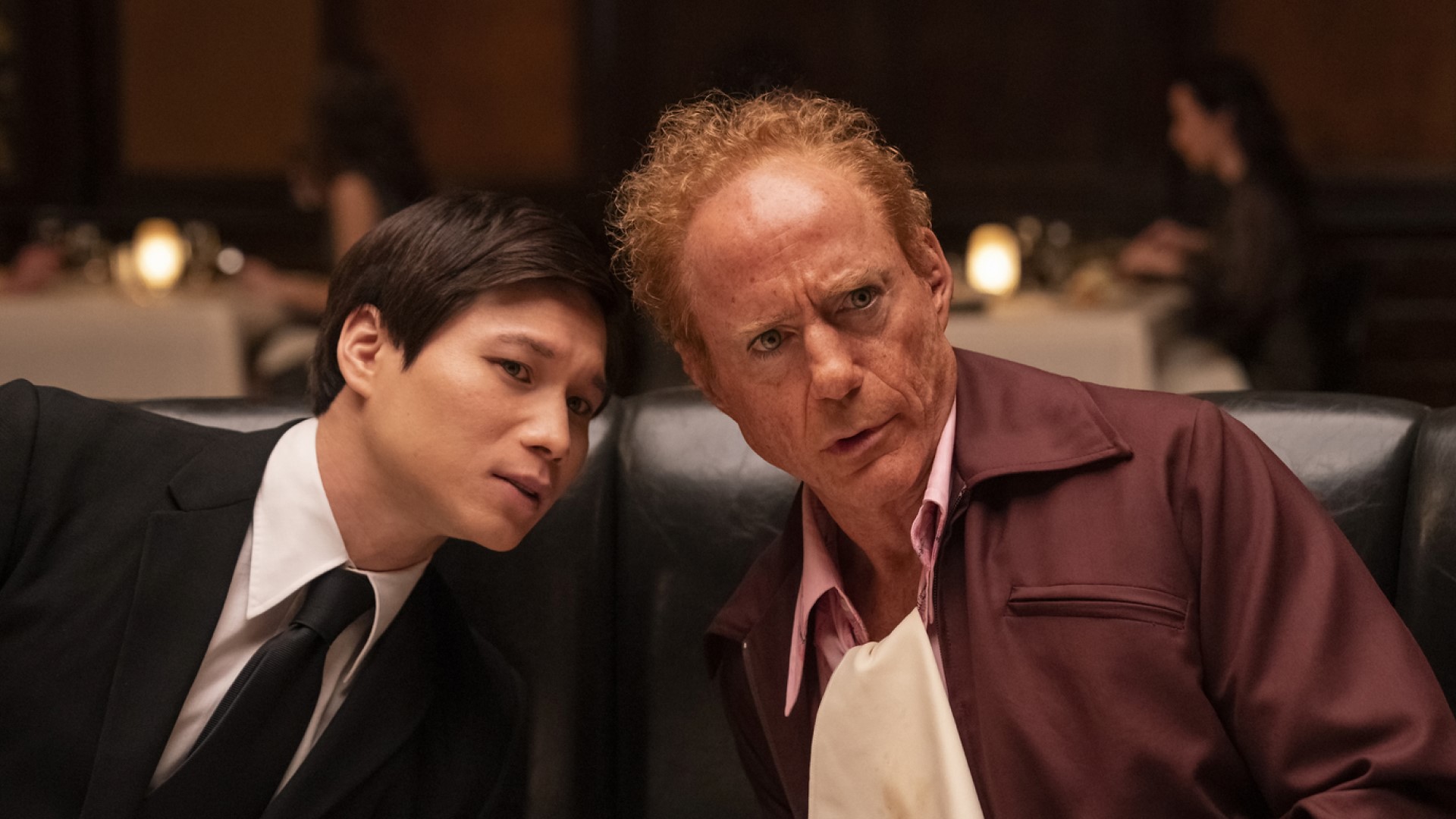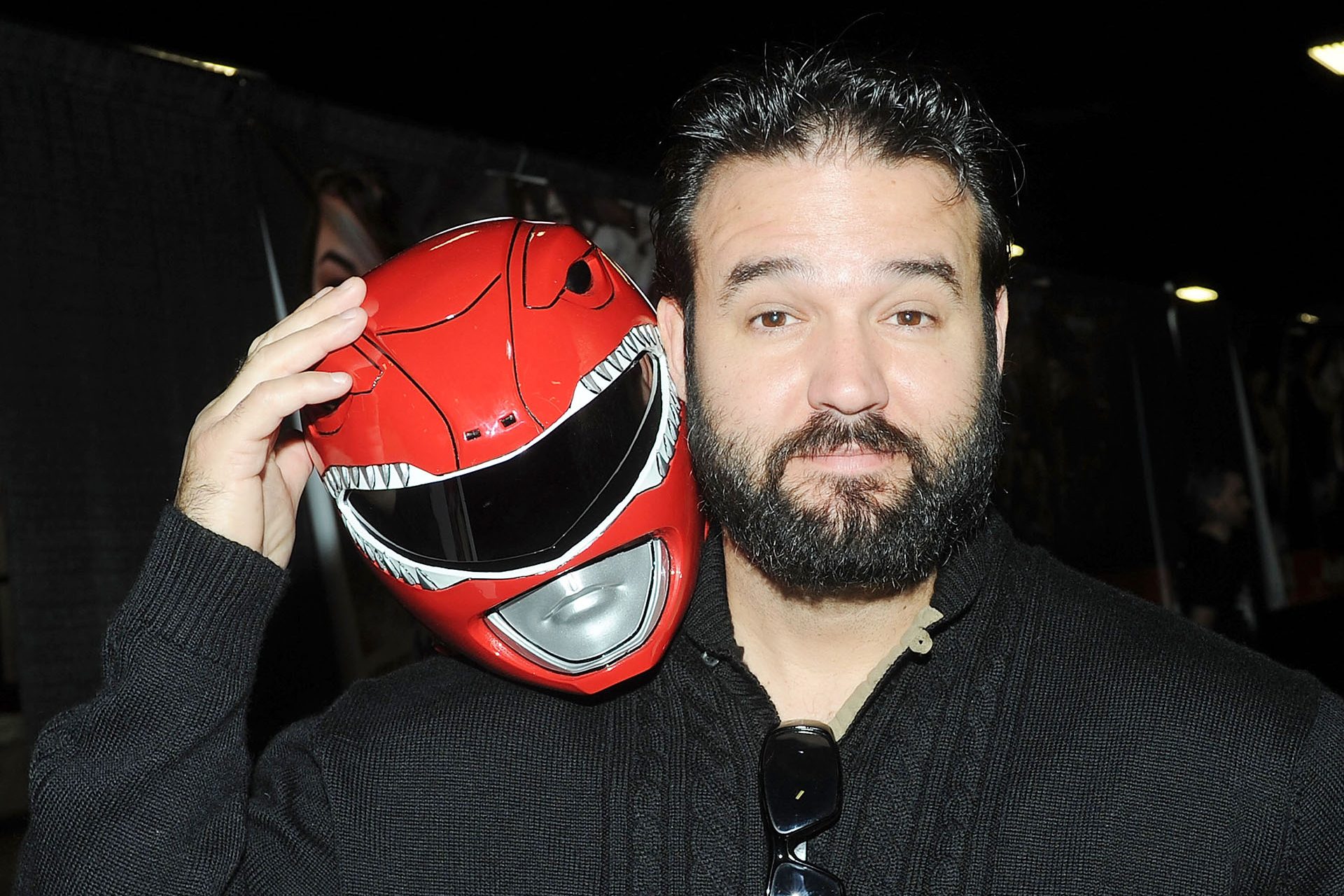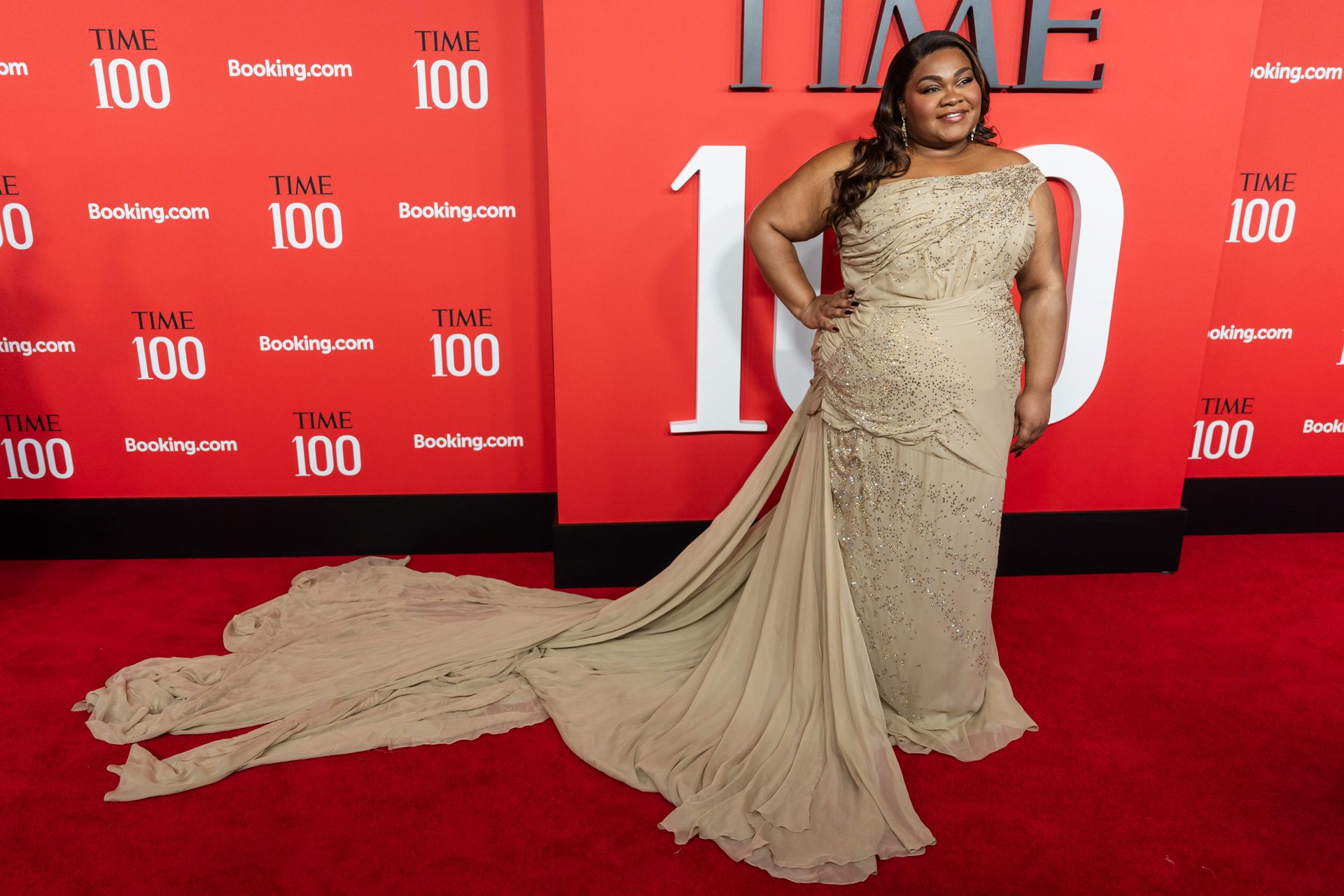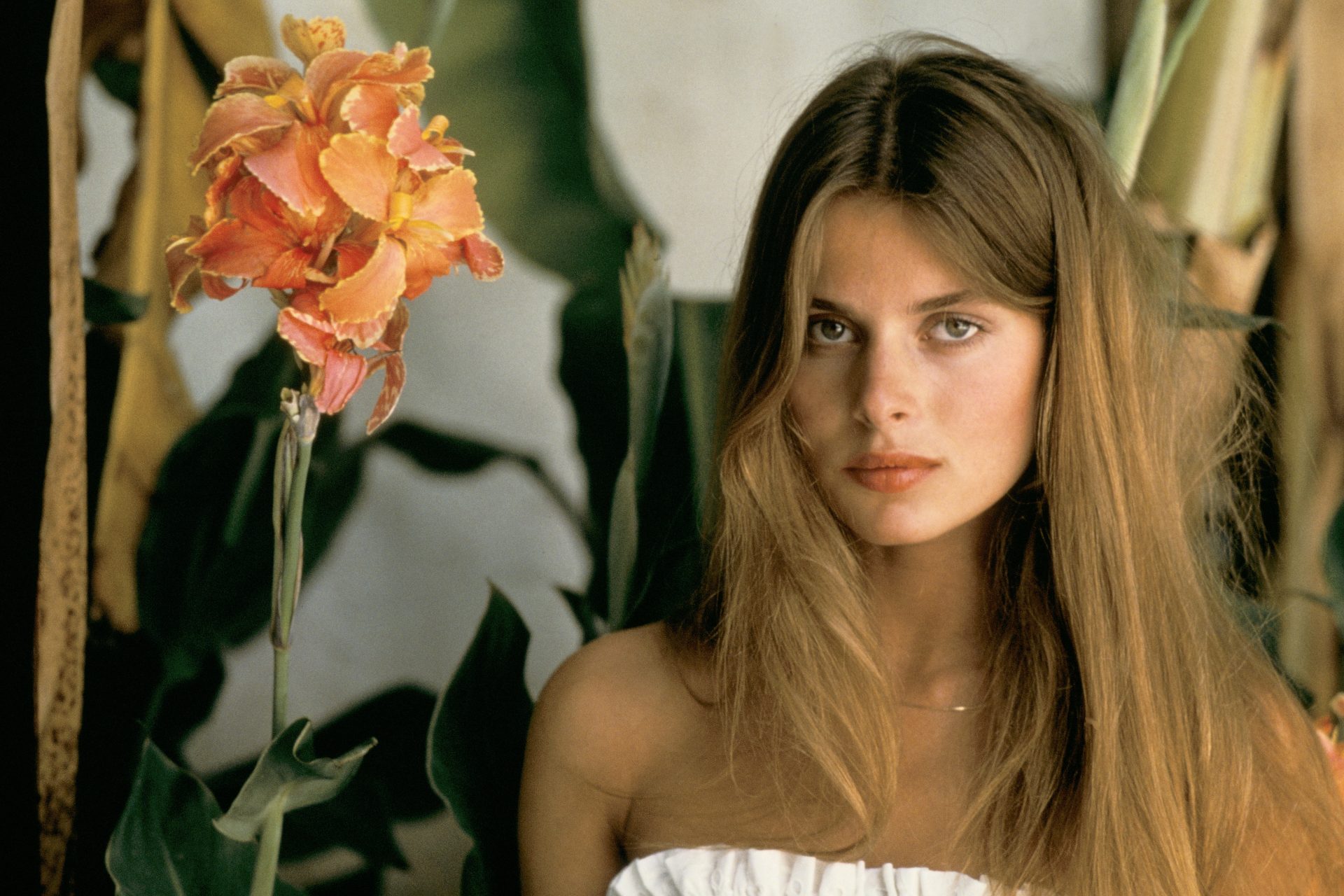Lovers for life! These animals are monogamous
Who doesn't wish to meet a soul mate and stay together for life? Even in the animal kingdom, there are some romantics who live monogamously and remain faithful to their partners. Yet, they constitute a small group; for example, only 5% of mammals are monogamous. Click further to see which animals are lovers for life!
The swan is THE symbol of love - and the swan itself is faithful to its partner for the rest of its life. For the first two years of their lives, swans coo with different partners, but from the age of three they commit to their life partner with whom they raise their offspring together.
Photo: suju-foto / Pixabay
Grey geese are truly loyal souls. During their first mating season, the waterfowl look for a mate with whom they form a lifelong bond. Even if their partner dies, the remaining grey geese often remain alone for the rest of their lives.
Photo: hapr80 / Pixabay
Theses fluffy African mice with long elephant noses are romantically inclined and looking for a life partner. Only when their other half dies, do they go back to looking for a new partner.
Photo: Kapa65 / Pixabay
Albatrosses live in monogamous relationships for up to twenty years, but they only see each other once a year to breed and raise offspring together. Each albatross pair develops a very individual dance over the years, with which it recognizes its couple within the colony.
Photo: rafamari / Pixabay
African rockhoppers, emperor penguins, Humboldt penguins - they all live monogamously. However, they have a long-distance relationship: they only meet up at the nest every year to raise their offspring together. In case the partner doesn't show up, the remaining penguin looks for a new love. This also happens, sadly, when the former partner is late...
Photo: webandi / Pixabay
The small antelope not only looks delicate, but it also feels the same way when it comes to love. It has only one big one and it lasts a lifetime.
Photo: butterflystroke / Pixabay
Wolves live in a pack consisting of monogamous parents and offspring. As soon as the young wolves become mature, they leave the pack and look for their own territory. The parents stay together for life.
Photo: christels / Pixabay
The extremely clever and social birds are monogamous and remain faithful to their partner for life. They also maintain special relationships with relatives and friends. Strikingly, the songbirds are aware of the relationship status - married or not - of other ravens.
Photo: Ralphs_Fotos / Pixabay
Gibbons are monogamous and, according to the German station BR, they have so far been considered "a prime example of a solid partnership in the animal kingdom." However, since then, the statement has been debunked, as researchers found out that gibbons can be cheaters.
Photo: PetrGanaj / Pixabay
Giant otters live together in groups of up to 20 animals, with only one pair reproducing. The couple lives in monogamy and the other family members help raise the young.
Photo: Zauberin / Pixabay
Titi monkeys "have surprisingly stable partnerships," according to the German Süddeutsche Zeitung. Current studies show that this is due to the "closeness of the partners." The males take care of their offspring and are cared for by the females at the same time. Perhaps therein lies the secret of a good marriage.
The one great love: Red-browed Amazons look for a lifelong partner. Cheating is not in their playbook!
Photo: SoCali / Pixabay
Elephants opt for lifelong partnerships. They are loyal lovers because their great memory causes them to remember all the little quirks of their partners.
Photo: kolibri5 / Pixabay
Seahorse pairs tie the knot and the males take care of their offspring. By the way, in love, the sea creatures make all kinds of connections, and same-sex relationships are not uncommon.
Photo: wal_172619 / Pixabay
Beavers live in a monogamous relationship with their mate. Together they raise their offspring, who leave the family when they reach maturity at the age of two to three and start their own family. Only when a partner dies, does the remaining beaver look for a new partner.
Photo: miloszelezny / Pixabay
This nocturnal monkey species from South Africa lives in monogamous relationships. However, it can happen that one of the two partners gets competition of, and is pushed aside by, someone who is usually younger and stronger.
Orcas also live in monogamous relationships. The mother animals can live up to 90 years and take care of their offspring - especially their sons - until they die.
Photo: djmboxsterman / Pixabay
Native to the African savannah, the female black-backed jackal chooses a mate with whom she will remain for life.
Photo: Achim Rodekohr / Pixabay
The prairie vole, a North American field mouse species, is "a model of marital fidelity," according to WELT. The little rodents not only live together until the end of their lives,l but they also exchange tenderness at every opportunity.
Photo: Jonathan Ridley / Unsplash
Storks bring babies, as the saying goes. But how do the birds live their own family lives? Well, they stay true to their partner for life, and every spring they return to their old nest. The male arrives earlier and is already beginning to renovate the nest before the female comes back. Sometimes another female gets to the nest before his actual partner - and in that case, sadly, it can happen that the male stork chooses her instead.
Photo: Alexas_Photos / Pixabay
































